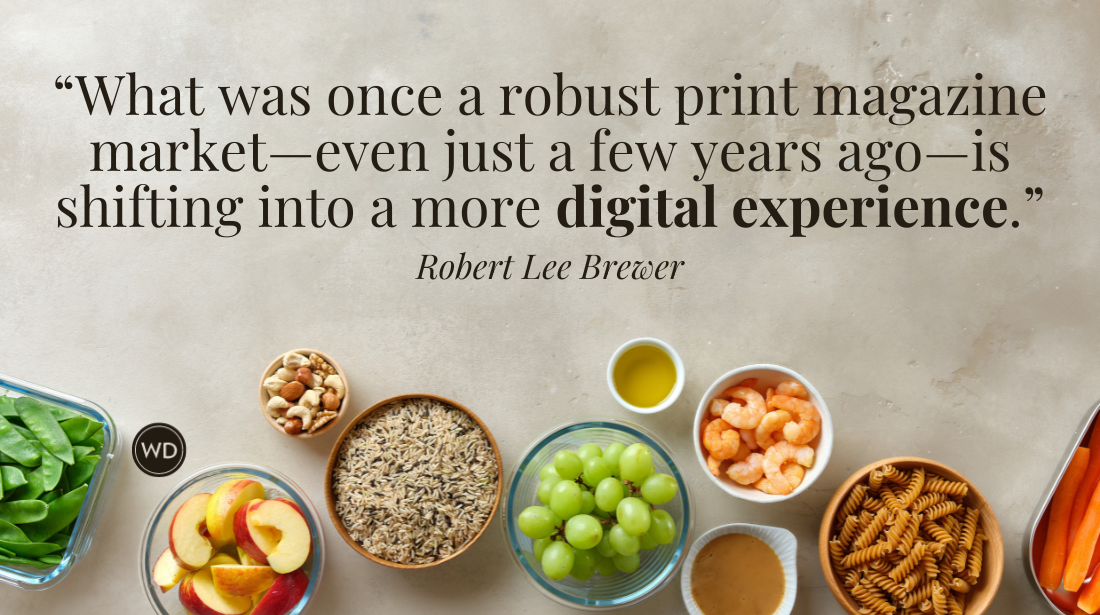Who Says You Need an Agent? 8 Tips for Finding an Independent Publisher
The road that leads to publication has many routes. Author Louise Marburg offers 8 tips for finding the right independent publisher for you.
Congratulations, you’ve written a book! That’s an amazing achievement. Now you need an agent, right? Maybe yes, maybe no—it depends on what you want. If you imagine your book being lauded by Oprah and displayed front and center at Barnes and Noble, then you are aiming for a commercial publisher, and you most definitely need an agent.
Finding the appropriate agent for your book takes lots of research, many charming and informative queries, and a tremendous amount of time, and there is no guarantee he or she will sell your book. Signing with an agent means putting the destiny of your book, and your success as an author, entirely in their hands.
Years ago I had an agent, and to be honest, my experience was not positive. But I stayed with my former agent longer than I should have because I thought that was the only satisfying route to publication.
There is, however, a terrific alternative to commercial publishing: independent publishing. Independent publishers publish wonderful books and unwaveringly support them, and most do not require submissions to be agented. And there are more independent publishers out there than you can imagine. Whatever you’ve written, there is an independent publisher for you. And my experience with independent publishing has been nothing but positive.
If you, too, are interested in exploring publication without agented representation, here are eight actions you can take to help send your book off on a smooth and successful journey.
1. Make sure your book is in great shape.
Hire a savvy editorial consultant. Not only do you need a second (or third or fourth) pair of eyes on your book, but they will likely have ideas as to which publishers would be a good fit for you. I cannot say enough about being sure your book is the absolute best it can be before seeking publication. I have used an editorial consultant for both my books, and they were so much better for it.
2. Investigate your options.
Do your research to find the appropriate publisher for your book. If you’ve written a young adult novel, then find publishers who are interested in YA. Same with a literary novel, or Fantasy, or Sci-Fi, etc. Tool number one is Google. Enter “independent publishers accepting _____ submissions” and see what comes up. A wealth of publishers. Some may be right for you, others not, but look into them all and you’ll find at least a few. And if you read what you write, check the spines of your favorite books. You might find the names of some independent publishers in your own library.
3. Check out some book fairs.
A fun and interesting way to broaden your knowledge of publishing in general, and independent publishing in specific, is by attending book festivals and industry conferences. There you will find representatives from every corner of publishing, and the opportunity to fact-gather and even chat up a few editors. My favorite book fair is the Association of Writers and Writing Programs conference, better known as AWP. There is where you will find hundreds of independent publishers just waiting for you to approach their tables. I’ve known authors who have scored a book contract by pitching their book to a publisher at AWP, and at the very least you can get an editor’s email and an invitation to send your manuscript directly to them. AWP also offers informative panels on writing and publishing. More information can be found at awpwriter.org/awp_conference.
4. Enter a contest.
Many independent publishers offer contests, some yearly, some more often. Enter every contest that’s appropriate for your book. My second book found its publisher through a contest.
5. Submit your manuscript to open calls.
Some publishers invite whole manuscript submissions only during a specific period, others are open to submissions all year long. Others ask for queries and perhaps a sample. Find out what you can submit, and when you can submit it. I found my first publisher through an open submissions call.
IndieBound | Bookshop | Amazon
[WD uses affiliate links.]
6. Send your work to literary journals.
Get your work out there! Submit stories and novel excerpts to journals. Journal credits impress publishers and are a great way to connect with editors. Often a journal will be attached to a press that might be interested in your manuscript, and some presses solicit the manuscripts of writer’s whose writing they’ve been impressed by in journals. An additional bonus is the delicious jolt of validation you feel when your story is accepted for publication in a journal
7. Get to know other authors.
Cultivate a writing community. Much can be learned from other writers, and connections are important. Attend a conference or a writer’s retreat, ideally both, and meet as many authors as you can. You never know who can help you, or who you can help. Recently I urged two friends to submit to my publisher and both of their books were accepted. Facebook can be useful as well. Join a small press binder and see what books people are publishing and where.
8. Consider hybrid publishing.
Another model for publishing is called “hybrid.” Hybrid publishers acquire manuscripts they believe in and shepherd them through every step of the publishing process, from editing to marketing, just like any publisher. The difference between hybrid publishing and independent publishing is the author pays for most of their book’s production costs, and instead of an advance, they earn a larger share of the book’s royalties. The downside to hybrid is financial risk (yours) and fewer marketing opportunities. But I have seen hybrid-published books reviewed in the New York Times, so hybrid publishing can absolutely be an avenue to success.
Louise Marburg is the author of No Diving Allowed, which won the W.S. Porter Prize for Story Collections, and The Truth About Me, which was the winner of the Independent Press Book Award for short story collections and was shortlisted for the William Saroyan International Prize for Writing. She studied design at the Kansas City Art Institute, is a graduate of New York University’s Gallatin Division, and holds an MFA in Fiction from Columbia University’s School of the Arts. Her stories have appeared in such journals as Narrative, Ploughshares, Story Magazine, and many others. You can visit her online at louisemarburg.com.








